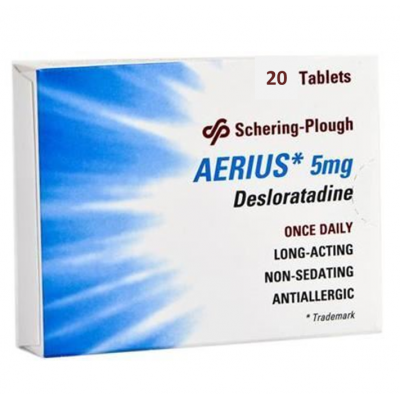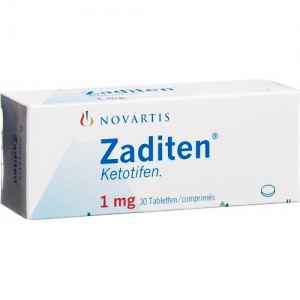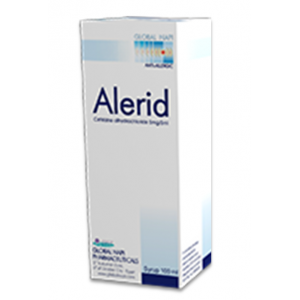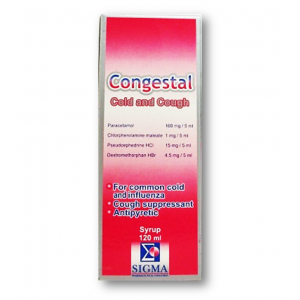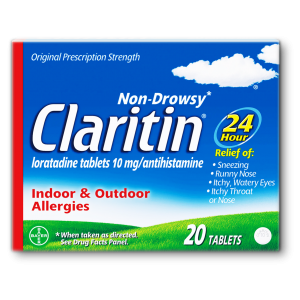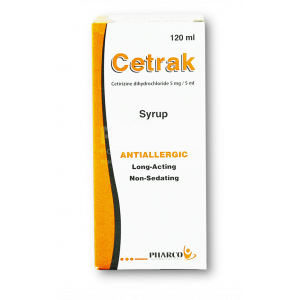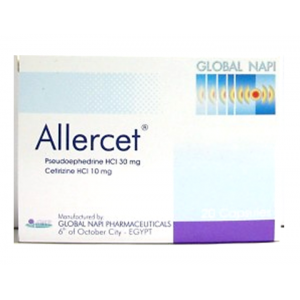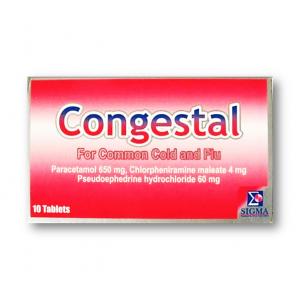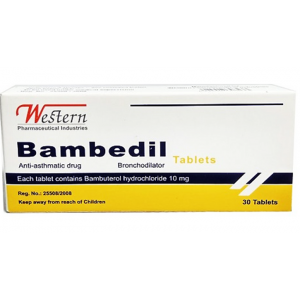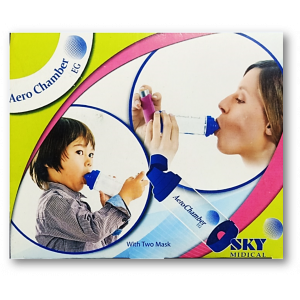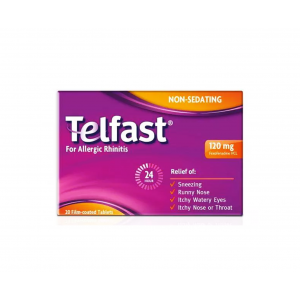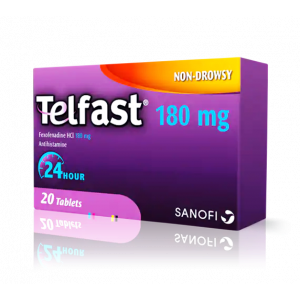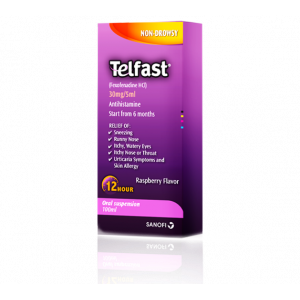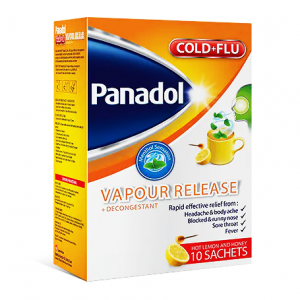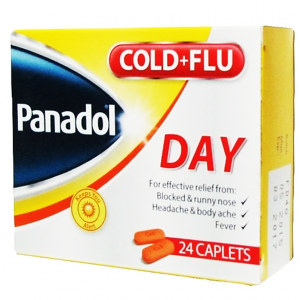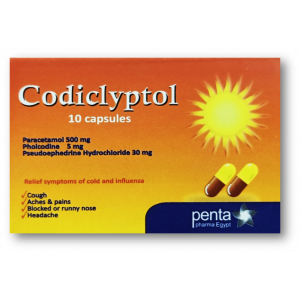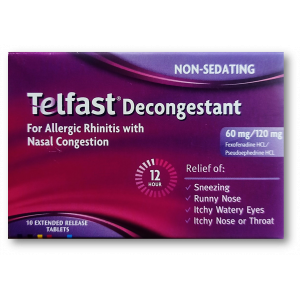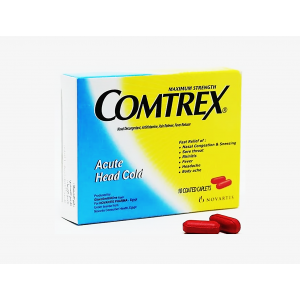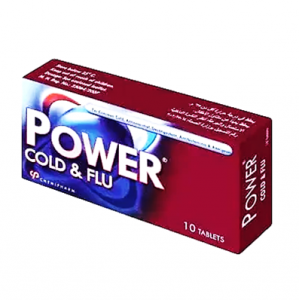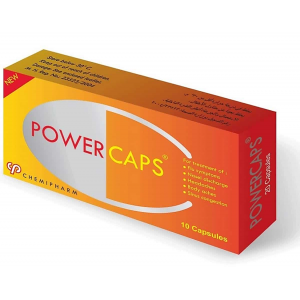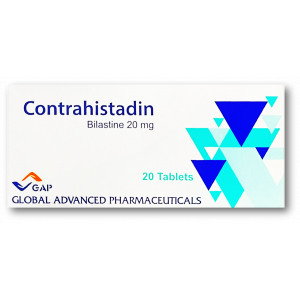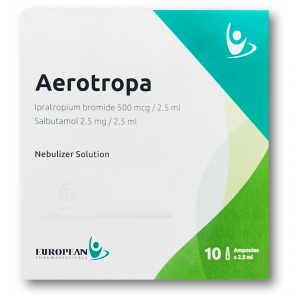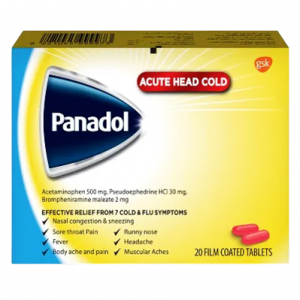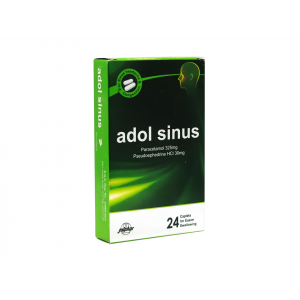- Anti-hestaminic & Respiratory Drugs (20)
- Anti-inflammatory Drugs (197) +-
- Baby & Mom (1346) +-
- Baby & Mom > Bath, skin & Hair > Skin Care > wibes (52)
- Beauty (3129) +-
- Beauty > Skin Care > whitening (309)
- Chemotherapy & Immune Response (885) +-
- Chemotherapy & Immune Response > ANTI-FUNGAL (11)
- Chemotherapy & Immune Response > Chemotherapeutic Agents > Hormone Antagonists >Enzyme Inhibitors (290)
- CIRCULATORY DISTURBANCE AGENTS (24)
- Diet & Fitness Products (284) +-
- DRUG AFFECTING CENTRAL NERVOUS SYSTEM (191)
- HEMATOLOGY (39)
-
Medical Supplies (506)
+-
- Chemicals & Disinfectants (19)
- Dental Supplies (31)
- Devices & Instruments (11)
- Diabetic Supplies (121)
- General Medical Supplies (21)
- I.V & Medical Solution (0)
- Intensive Care Unit & Anesthesia Supplies (0)
- KIDNEY UNIT SUPPLIES (21)
- Lab Supplies (3)
- Miscellaneous (21)
- Neonatal Unit Supplies (0)
- Operation Room Supplies (2)
- Sanitary (5)
- Sterilization Supplies (1)
- Surgical Sutures (4)
- Syringes (3)
-
Medicines & Health (2727)
+-
- Allergy & Sinus (97)
- Children's Health Care (54)
- Cough, Cold & Flu (283)
- Digestive Health & Nausea (231)
- Ear, Nose & Throat Care (181)
- Eye Care (124)
- Feminine Care (323)
- Foot Care (12)
- Orthopaedic Appliances (1)
- Pain Relief & Management (244)
- Pill Organizer (2)
- Skin Treatments (863)
- Sleep & Snoring Aids (2)
- Support & Braces (8)
- Medicines & health > Gout releif (42)
- Natural & Organic Products (81) +-
- OTC > Analgesics > Anti-inflammatory Drugs (44)
-
Personal Care (3363)
+-
- Bath & Body (273)
- Deodorant & Anti-perspirants (191)
- Ear, Nose & Throat Care (177)
- Eye Care (131)
- Feminine Care (372)
- Foot Care (20)
- Hair Care (511)
- Home Tests & Monitorings (14)
- Incontinence (7)
- Lip Care (26)
- Massage & Relaxation (17)
- Natural & Organic Personal Care (7)
- Oral Care (91)
- Pregnancy & Fertility (64)
- Shaving & Grooming (75)
- Sun Care (80)
-
Prescription Drugs (2935)
+-
- Analgesics (184)
- Cardiovascular System (377)
- Drugs Affecting Musculoskeletal System (65)
- Drugs Used In Infections (56)
- Ear & Nose Drugs (2)
- Endocrine System (177)
- Gastrointestinal Tract (243)
- Gastrointestinal Tract > Hepatology > Liver treatment (60)
- GYNECOLOGY (2)
- Miscellaneous (11)
- NEPHROLOGY > URINARY SYSTEM > RENAL DISORDERS > URINARY TRACT DISORDERS (47)
- NEUROLOGY (228)
- Nutrients & Blood Electrolytes (2)
- Respiratory System (154)
- SKIN > NAILS > HAIR > TOPICAL PREPARATIONS (115)
- Vaccines (1)
- Prescription drugs > Cardiovascular system > Anti-hypertension drugs (242)
- Sexual Wellness (304) +-
- Vitamins & Minerals Supplements (1230) +-
Availability: In Stock
Ex Tax: 118EGP
Example
You can return the product within 14 days of purchase.
ReturnsYou can return the product within 14 days of purchase.

Aerius 5 mg ( desloratadine ) 20 tablets
How does this medication work? What will it do for me?
Desloratadine belongs to a group of medications known as antihistamines, specifically the class known as H1-receptor antagonists. During an allergic reaction, the body produces a chemical called histamine, which causes allergy symptoms such as hives, runny nose, sneezing, itchy throat, congestion, and itchy watery eyes. Desloratadine works by blocking the action of histamine in the body.
This medication is used to relieve the symptoms of seasonal and year-round allergies including nasal congestion, sneezing, runny nose, itchy nose, itchy palate, coughing, and itchy watery red eyes. It is also use to relieve the symptoms of allergic skin conditions (e.g., chronic idiopathic urticaria) such as skin itch and hives. Desloratadine usually starts to work within 75 minutes and lasts for 24 hours.
This medication may be available under multiple brand names and/or in several different forms. Any specific brand name of this medication may not be available in all of the forms or approved for all of the conditions discussed here. As well, some forms of this medication may not be used for all of the conditions discussed here.
Your doctor may have suggested this medication for conditions other than those listed in these drug information articles. If you have not discussed this with your doctor or are not sure why you are taking this medication, speak to your doctor. Do not stop taking this medication without consulting your doctor.
Do not give this medication to anyone else, even if they have the same symptoms as you do. It can be harmful for people to take this medication if their doctor has not prescribed it.
What form(s) does this medication come in?
Tablet
Each blue, round, film-coated tablet for immediate release contains desloratadine 5 mg. Nonmedicinal ingredients: carnauba wax, cornstarch, dibasic calcium phosphate dihydrate, FD&C Blue No. 2 Lake, hydroxypropyl methylcellulose, lactose monohydrate, microcrystalline cellulose, polyethylene glycol, talc, titanium dioxide, and white beeswax.
Syrup
Each mL of clear, orange-coloured liquid with bubblegum flavouring, contains desloratadine 0.5 mg. Nonmedicinal ingredients: bubblegum flavor, citric acid anhydrous, disodium edetate, FD&C Yellow No. 6, propylene glycol, purified water, sodium benzoate, sodium citrate dihydrate, sorbitol solution, and sucrose.
How should I use this medication?
Tablets: The usual recommended dose of desloratadine tablets for adults and children 12 years of age and older is 5 mg once daily. It may be taken with or without food.
Syrup: The usual recommended dose of desloratadine syrup for adults and children 12 years of age and older is 10 mL (5 mg) once daily. For children 6 to 11 years of age, the usual recommended dose is 5 mL (2.5 mg) once daily. For children 2 to 5 years of age, the usual recommended dose is 2.5 mL (1.25 mg) once daily. It may be taken with or without food. Children between 2 to 12 years of age should not take this medication for longer than 14 days unless recommended by a doctor.
Many things can affect the dose of a medication that a person needs, such as body weight, other medical conditions, and other medications. If your doctor has recommended a dose different from the ones listed here, do not change the way that you are taking the medication without consulting your doctor.
It is important to take this medication exactly as prescribed by your doctor. If you miss a dose, take it as soon as possible and continue with your regular schedule. If it is almost time for your next dose, skip the missed dose and continue with your regular dosing schedule. Do not take a double dose to make up for a missed one. If you are not sure what to do after missing a dose, contact your doctor or pharmacist for advice.
Store this medication at room temperature, protect it from moisture, and keep it out of the reach of children.
Do not dispose of medications in wastewater (e.g. down the sink or in the toilet) or in household garbage. Ask your pharmacist how to dispose of medications that are no longer needed or have expired.
Who should NOT take this medication?
Do not take this medication if you are allergic to desloratadine or any ingredients of the medication.
What side effects are possible with this medication?
Many medications can cause side effects. A side effect is an unwanted response to a medication when it is taken in normal doses. Side effects can be mild or severe, temporary or permanent.
The side effects listed below are not experienced by everyone who takes this medication. If you are concerned about side effects, discuss the risks and benefits of this medication with your doctor.
The following side effects have been reported by at least 1% of people taking this medication. Many of these side effects can be managed, and some may go away on their own over time.
Contact your doctor if you experience these side effects and they are severe or bothersome. Your pharmacist may be able to advise you on managing side effects.
- dry mouth, nose, or throat
- fatigue
- headache
Although most of these side effects listed below don't happen very often, they could lead to serious problems if you do not seek medical attention.
Check with your doctor as soon as possible if any of the following side effects occur:
- pounding, fast, or irregular heartbeat
- restlessness with increased body movement
- symptoms of liver problems such as yellowing of the skin or eyes
Stop taking the medication and seek immediate medical attention if any of the following occur:
- seizures
- symptoms of a severe allergic reaction (e.g., difficulty breathing, hives, or swelling of the mouth or throat)
Some people may experience side effects other than those listed. Check with your doctor if you notice any symptom that worries you while you are taking this medication.
Are there any other precautions or warnings for this medication?
Before you begin using a medication, be sure to inform your doctor of any medical conditions or allergies you may have, any medications you are taking, whether you are pregnant or breast-feeding, and any other significant facts about your health. These factors may affect how you should use this medication.
Kidney function: If you have severely reduced kidney function, discuss with your doctor how this medication may affect your medical condition, how your medical condition may affect the dosing and effectiveness of this medication, and whether any special monitoring is needed.
Liver function: If you have severely reduced liver function, discuss with your doctor how this medication may affect your medical condition, how your medical condition may affect the dosing and effectiveness of this medication, and whether any special monitoring is needed.
Pregnancy: This medication should not be used during pregnancy unless the benefits outweigh the risks. If you become pregnant while taking this medication, contact your doctor immediately.
Breast-feeding: This medication passes into breast milk. If you are a breast-feeding mother and are taking desloratadine, it may affect your baby. Talk to your doctor about whether you should continue breast-feeding.
Children: The safety and effectiveness of using desloratadine tablets have not been established for children under 12 years of age. The safety and effectiveness of using desloratadine syrup have not been established for children under 2 years of age.
What other drugs could interact with this medication?
There may be an interaction between desloratadine any of the following:
- abiraterone acetate
- aclidinium
- alcohol
- amiodarone
- amphetamines (e.g., dextroamphetamine, lisdexamphetamine)
- antihistamines (e.g,. cetirizine, doxylamine, diphenhydramine, hydroxyzine, loratadine)
- antipsychotics (e.g., chlorpromazine, clozapine, haloperidol, olanzapine, quetiapine, risperidone)
- atropine
- azelastine
- "azole" antifungals (e.g., itraconazole, ketoconazole, voriconazole)
- barbiturates (e.g., butalbital, pentobarbital phenobarbital)
- belladonna
- benzodiazepines (e.g., alprazolam, diazepam, lorazepam)
- benztropine
- betahistine
- buprenorphine
- buspirone
- chloral hydrate
- donepezil
- dronabinol
- droperidol
- efavirenz
- flavoxate
- galantamine
- general anesthetics (medications used to put people to sleep before surgery)
- glucagon
- glycopyrrolate
- hyaluronidase
- ipratropium
- ketotifen
- lomitapide
- metoclopramide
- metyrosine
- mirabegron
- mirtazapine
- muscle relaxants (e.g., cyclobenzaprine, methocarbamol, orphenadrine)
- nabilone
- narcotic pain relievers (e.g., codeine, fentanyl, morphine, oxycodone)
- olopatadine
- oxybutynin
- perampanel
- potassium chloride
- pramipexole
- reserpine
- rifampin
- rivastigmine
- ropinirole
- rotigotine
- rufinamide
- scopolamine
- secretin
- seizure medications (e.g., clobazam, ethosuximide, felbamate, levetiracetam, phenobarbital, phenytoin, primidone, topiramate, valproic acid, zonisamide)
- selective serotonin reuptake inhibitors (SSRIs; e.g., citalopram, duloxetine, fluoxetine, paroxetine, sertraline)
- sleeping medications (e.g., zolpidem, zopiclone)
- sodium oxybate
- tapentadol
- tenofovir
- thalidomide
- thiazide diuretics (water pills; e.g., hydrochlorothiazide, indapamide, metolazone)
- tiotropium
- tolterodine
- tramadol
- tranylcypromine
- tricyclic antidepressants (e.g., amitriptyline, clomipramine, desipramine, trimipramine)
- trazodone
If you are taking any of these medications, speak with your doctor or pharmacist. Depending on your specific circumstances, your doctor may want you to:
- stop taking one of the medications,
- change one of the medications to another,
- change how you are taking one or both of the medications, or
- leave everything as is.
An interaction between two medications does not always mean that you must stop taking one of them. Speak to your doctor about how any drug interactions are being managed or should be managed.
Medications other than those listed above may interact with this medication. Tell your doctor or prescriber about all prescription, over-the-counter (non-prescription), and herbal medications you are taking. Also tell them about any supplements you take. Since caffeine, alcohol, the nicotine from cigarettes, or street drugs can affect the action of many medications, you should let your prescriber know if you use them.
All material copyright MediResource Inc. 1996 – 2020. Terms and conditions of use. The contents herein are for informational purposes only. Always seek the advice of your physician or other qualified health provider with any questions you may have regarding a medical condition. Source: www.medbroadcast.com/drug/getdrug/Aerius
Write a review
Your Name:Your Review: Note: HTML is not translated!
Rating: Bad Good
Enter the code in the box below:

